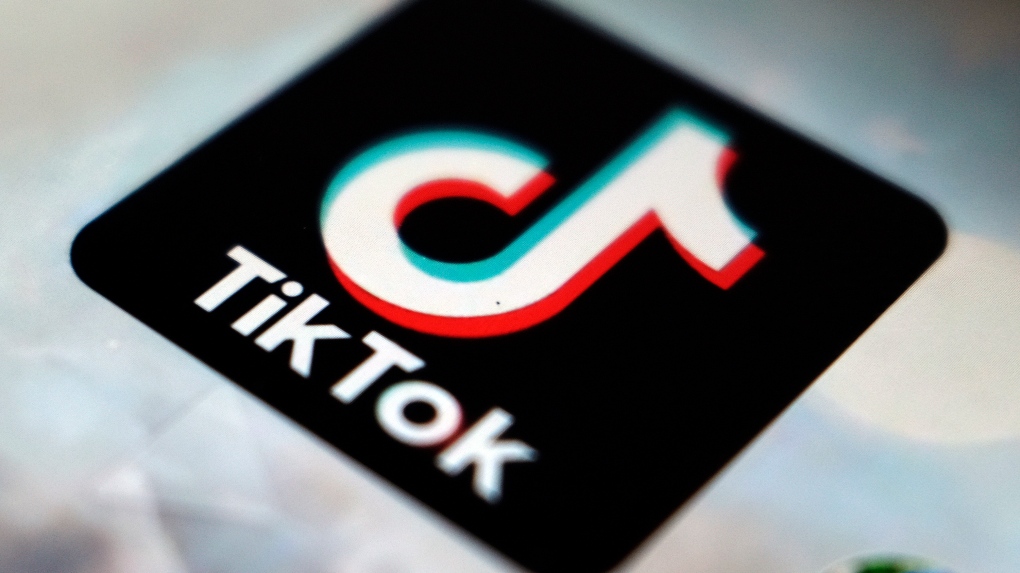
U.S. Justice Department says TikTok collected US user views on issues like abortion and gun control
CTV
In a fresh broadside against one of the world's most popular technology companies, the U.S. Justice Department late Friday accused TikTok of harnessing the capability to gather bulk information on users based on views on divisive social issues like gun control, abortion and religion.
In a fresh broadside against one of the world's most popular technology companies, the Justice Department late Friday accused TikTok of harnessing the capability to gather bulk information on users based on views on divisive social issues like gun control, abortion and religion.
Government lawyers wrote in documents filed to the federal appeals court in Washington that TikTok and its Beijing-based parent company ByteDance used an internal web-suite system called Lark to enable TikTok employees to speak directly with ByteDance engineers in China.
TikTok employees used Lark to send sensitive data about U.S. users, information that has wound up being stored on Chinese servers and accessible to ByteDance employees in China, federal officials said.
One of Lark's internal search tools, the filing states, permits ByteDance and TikTok employees in the U.S. and China to gather information on users' content or expressions, including views on sensitive topics, such as abortion or religion. Last year, the Wall Street Journal reported TikTok had tracked users who watched LGBTQ2S+ content through a dashboard the company said it had since deleted.
The new court documents represent the government's first major defense in a consequential legal battle over the future of the popular social media platform, which is used by more than 170 million Americans. Under a law signed by U.S. President Joe Biden in April, the company could face a ban in a few months if it doesn't break ties with ByteDance.
The measure was passed with bipartisan support after lawmakers and administration officials expressed concerns that Chinese authorities could force ByteDance to hand over U.S. user data or sway public opinion towards Beijing's interests by manipulating the algorithm that populates users' feeds.
The U.S. Justice Department warned, in stark terms, of the potential for what it called "covert content manipulation" by the Chinese government, saying the algorithm could be designed to shape content that users receive.

 Run 3 Space | Play Space Running Game
Run 3 Space | Play Space Running Game Traffic Jam 3D | Online Racing Game
Traffic Jam 3D | Online Racing Game Duck Hunt | Play Old Classic Game
Duck Hunt | Play Old Classic Game